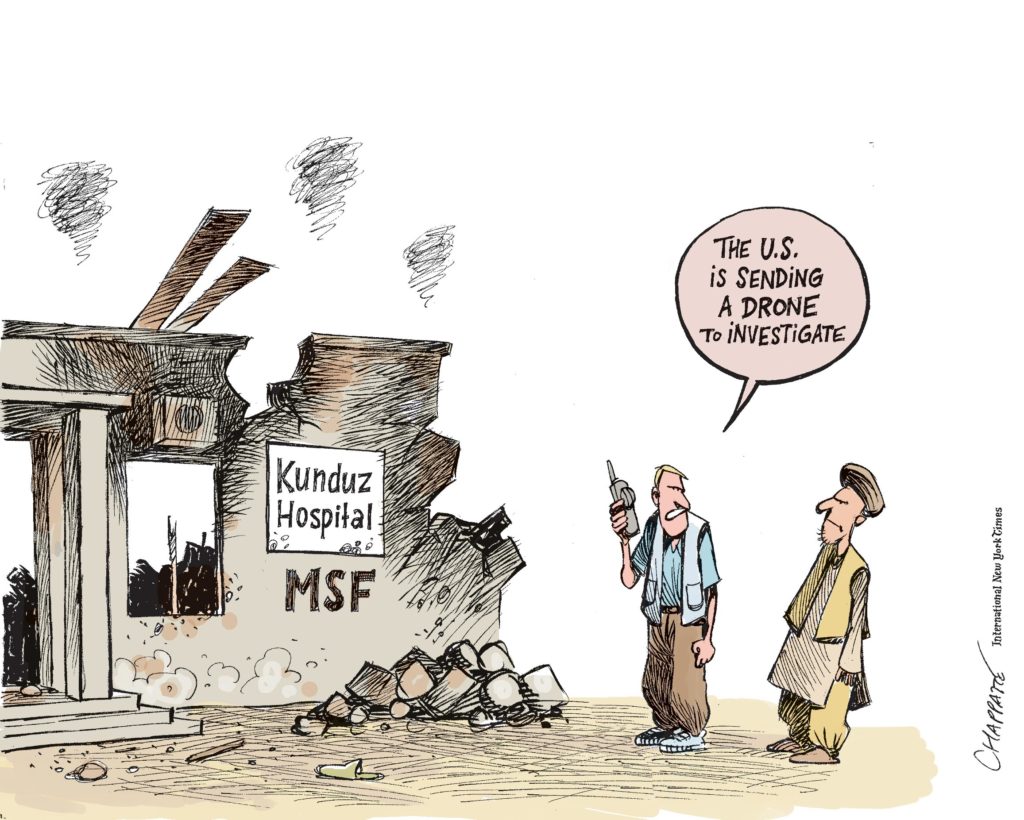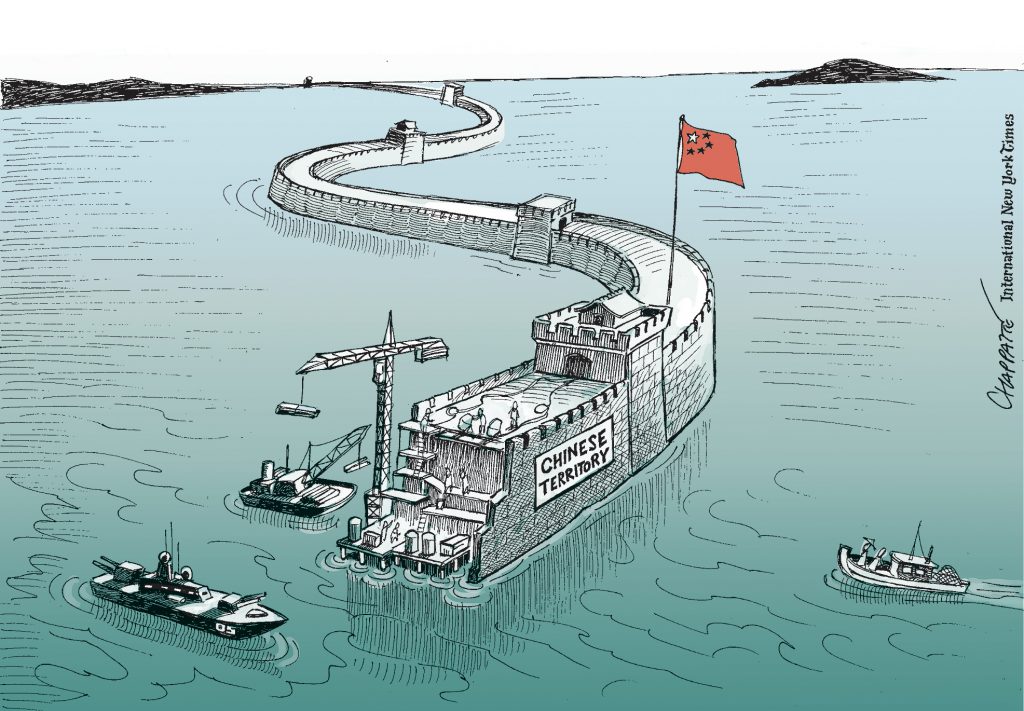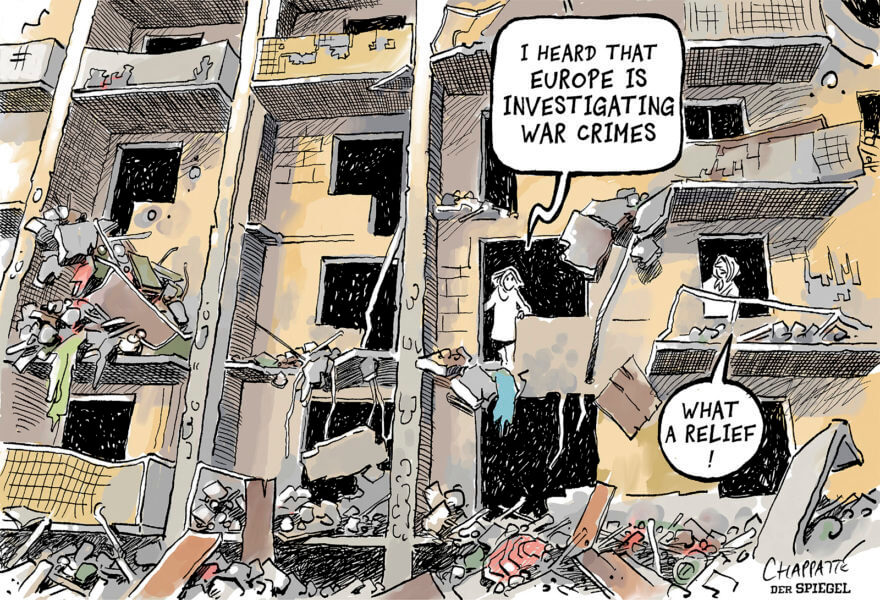The Dossier aims to explore new trends and expressions of violence in armed conflict in the 21st century. Taking as a starting point the changing paradigm of armed conflict – from conventional wars with clear contours towards more non-linear, fragmented and protracted types of civil and international conflict — it adopts a broad approach to portray changing forms of violence across different types of armed conflicts (including terrorism, international/civil wars or urban warfare). In the context of a fragmenting international order, with increasingly blurred lines between state and non-state, combatant and civilian, domestic and international, the number of actors involved in conflicts and concurrent strategies of violence have multiplied. In face of the ubiquity of violent conflict — despite an overall decline in interstate conflict and global number of casualties — the Dossier aims to shed light on new or changing forms of violence, their contexts, actors and victims. It explores the novelty, heterogeneity, scales and vectors of violent practices in contemporary conflicts by investigating the impact of a series of factors such as new military technologies (drones, robots), new communication tools (social media), gender, migration, or the subcontracting of security to private actors.
© Chappatte in NZZ am Sonntag, Zurich www.chappatte.com
We currently face a baffling paradox. While since the fall of the Berlin Wall in 1989 a seemingly inexorable process of globalisation has been foreshadowing a peaceful and frontierless world, the number of walls across the world has been rising at a steady pace. Liberal and open societies buttressed by trade, international law and technological progress were supposed to implacably contribute to the erosion of frontiers and walls between nations. However, in a context of surging populist discourses, securitarian anxieties and identitarian politics as well as concomitant flows of migration alimented by climate change, conflict and poverty, nations have recently started to barricade themselves behind new walls.
-
I

Whither Cosmopolis: Yearning for Closure in Times of Uncertainty
Reading time: 5 min -
1

A Contagious Craze for Walls
Reading time: 2 min -
2

The “Great Wall” of America: Historical Opportunities
Reading time: 3 min -
3
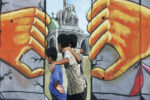
Between Security and Apartheid: Cinematic Representations of the West Bank Wall
Reading time: 4 min -
4
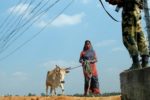
Battle of Identities at the India-Bangladesh Border
Reading time: 5 min -
5

Turkey and the Middle-East: From Imperial Temptation to National Closure
Reading time: 4 min -
6

Combating Terrorism on the Somalian Border: The Improbable Kenyan Dream?
Reading time: 5 min -
7

Korea: Comfortable Wall, Uncomfortable Peace
Reading time: 4 min








